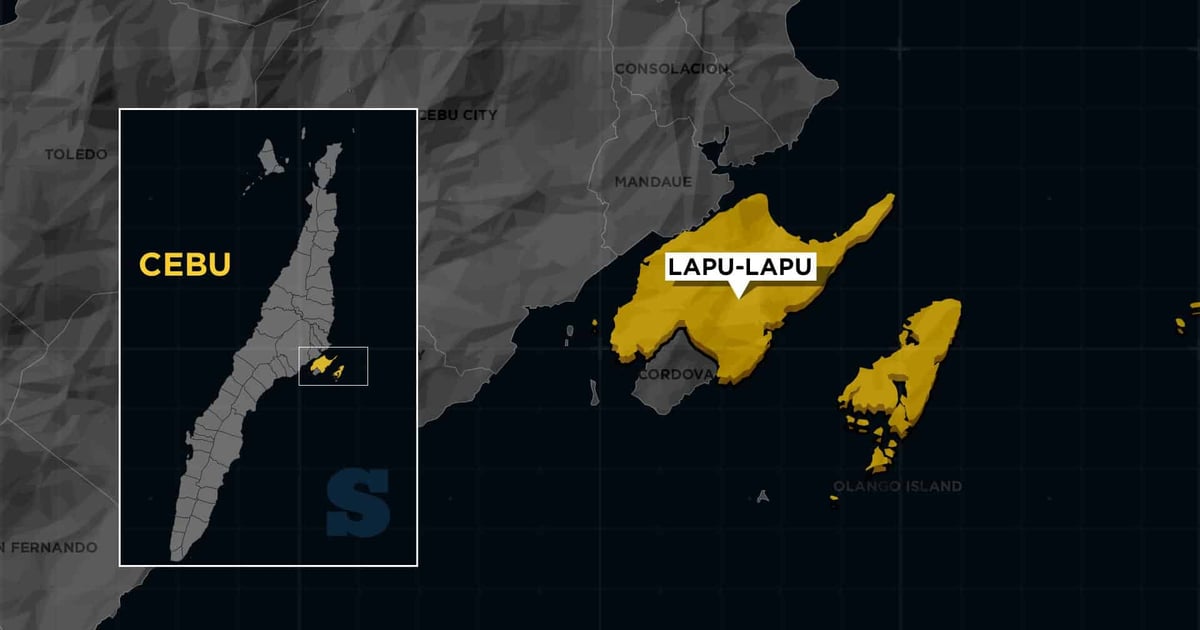UNLICENSED tour guides in Lapu-Lapu City have affected the livelihood of individuals accredited by the government.
This was the concern raised by Judahline Taghoy, a member of the Cebu Association of Tour Guides Inc.’s board of trustees.
“Luoy kaayo mi. Mas daghan pa og turista sa dili accredited tour guides and walay tour agency (We feel very unfortunate. There are more tourists with non-accredited tour guides and no tour agencies),” said Taghoy during a coordination meeting organized by the City Tourism Office (CTO) on Wednesday, Aug. 14, 2024.
Tour guides who have no accreditation from the CTO and the Department of Tourism (DOT) are called “hupo-hupo,” a Cebuano term describing their clandestine activity—they must avoid detection from authorities.
“For instance, we go to the airport, and by the time we arrive, our customers have already been booked by another tour guide agency found through online platforms, and they are not DOT-accredited,” Taghoy in a mix of Cebuano and English.
Coordination
To counter this illegal activity, the CTO is coordinating with the Lapu-Lapu City Police Office’s tourism police unit to identify these non-accredited tour guides and agencies, according to James Patrick Laluces, CTO tourism operations assistant.
Laluces told SunStar Cebu on Thursday, Aug. 15, that the majority of the complaints received by the CTO came from the tourism zones of Barangays Engano, Mactan, Maribago and Agus. These complaints primarily involved non-accredited boat operators and tour guides.
“In the city, there are more or less 20 accredited establishments including boat operators and tour guides,” he said.
“We call on all tourism establishments in Lapu-Lapu City to comply with the City Tourism accreditation,” he added.
SunStar Cebu contacted the Department of Tourism 7 to inquire about unaccredited tourism businesses in Lapu-Lapu City, but it had not responded as of press time.
In a separate interview, CTO head Garry Lao said getting an accreditation is important as it will help them monitor legitimate tourism-related businesses in the city.
Accredited boat operators and tour guides will receive benefits such as training and workshops offered by the DOT 7.
“If there are training and workshops in coordination with DOT and the City, who should be contacted? Of course, the ones on our list who have obtained permits or certificates of accreditation. That’s one of the benefits,” said Lao in Cebuano.
“By next year, business permits should have the attachment of a certificate of accreditation from the CTO. Considering our city is a Tourism City, we have to protect our legitimate operators,” said Lao.
Lapu-Lapu City has an ordinance, which requires “all persons applying for accreditation as tourist guides or enjoying the privilege as duly accredited tourist guides registered in the Department of Tourism and operating within the territorial jurisdiction of the city of Lapu-Lapu, to secure and pay, in addition to the realty and police clearances, a mayor’s permit fee per annum.”
Requirements
To obtain a certification from the CTO, boat operators are required to secure an updated business permit, valid government-issued identification (ID) card of the owner or barangay certification for boat crew members.
Tour operators and dive shops are required to bring an updated business and sanitary permits and a valid government-issued ID.
A DOT 7 accreditation, mayor’s special permit and a valid government-issued ID are the requirements for tour guides.
Diving instructors should submit a diver certification or license, updated business permit and a valid government-issued ID.
Applicants can submit their requirements and apply for free to the CTO. / DPC










